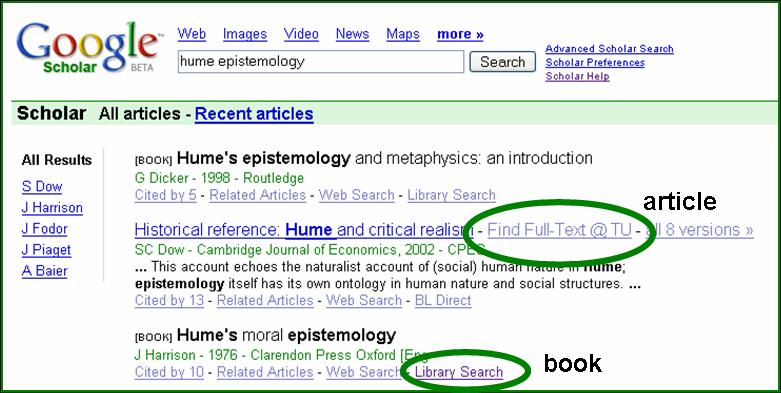The Temple University Libraries is pleased to announce online access to the Library of Latin Texts (Follow link, scroll down to Library of Latin Texts and click “Go”), an online collection of primary sources in Latin from the periods of the Roman Republic, the Roman Empire, and the late antique, medieval, and early modern worlds. You’ll find works by Julius Caesar, Cicero, Tacitus, Horace, Virgil, Augustine, Tertullian, Boethius, and Bede, as well as lesser known authors like Hermes Trismegistus, Minucius Felix, and Widricus Cellensis. Thousands of texts are available.
You can search by author, title, period, and century. Find a word or word form of interest and you can search the database for it by the same categories, a very powerful way to track changes in style and usage over many genres and centuries. This is not an easy database to use, however, as the searcher must know the Latin author names and titles in order to search. Various browselists make access somewhat easier, but this is certainly not database for the faint of heart. (The classics resources available in Oxford Reference Online might provide some linguistic and historical aid [Latin dictionary, Oxford Classical Dictionary, and more] in finding relevant terms).
Temple users now have access to online primary sources in both Latin (Library of Latin Texts) and Greek (Thesaurus Linguae Graecae).
If you have any questions about this resource, please let me know. Fred Rowland



